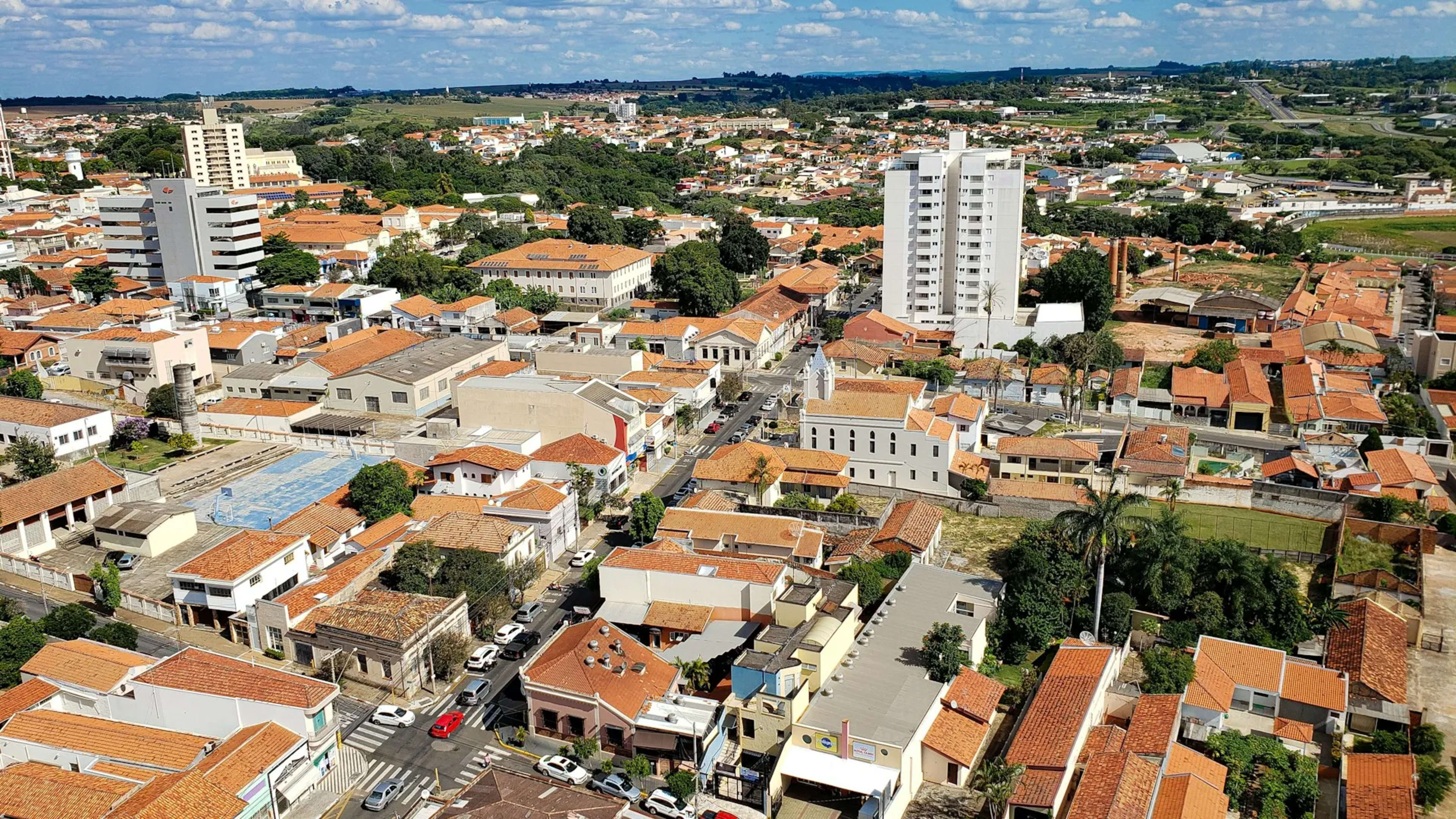Location & Transportation
The Port of Lobito is just about 2 kilometers (roughly 1.2 miles) from the city center, making it very easy to get into downtown Lobito by a short taxi ride or even a pleasant walk if you’re feeling adventurous. Lobito is growing as a cruise destination and offers a laid-back vibe with local buses and taxis readily available for further exploration.
If you plan to navigate on foot, be sure to enjoy the coastal breeze and local street scenes as you walk toward the heart of the city.
Sightseeing
I love taking a stroll along Lobito Bay. The calm waters are perfect for a relaxed boat ride or simply enjoying the seaside atmosphere. One of the highlights for me is the historic train station that serves as a gateway to the famed Benguela Railway. This piece of local heritage gives you a hint of Angola's storied past and its role in connecting regions across the country.
While exploring, keep an eye out for local markets where vendors display fresh produce, handicrafts, and other treasures that reflect Lobito’s vibrant local flavor.
Tours & Excursions
Although formal tour packages might not be as common here yet, I recommend:
- A boat tour of Lobito Bay to see the coastline from a different perspective.
- A visit to the old train station and a mini excursion along parts of the Benguela Railway route if you have time.
- Organized walking tours that sometimes pop up through local guesthouses or hotels, offering insights into Lobito’s history and culture.
These excursions give you a hands-on way to experience Lobito’s scenic charm and historical significance.
It‘s a good idea to compare shore excursion costs between what your cruise line offers and options like Viator and GetYourGuide. They often provide lower prices and include customer reviews and ratings to help you choose the best option. They may also offer more more flexible cancellation or rescheduling policies than those available through your cruise line. However, while booking independently might give you more variety and potentially better rates, be mindful of your schedule - cruise line excursions are typically coordinated to match your ship‘s schedule with guaranteed pick-up and drop-off times.
There is also a great resource for finding local guides at Tours by Locals. Tours by Locals connects you with local guides who can help you plan a private personal tour, guide you, and get you back to your ship on time. You can also check out Rome2Rio for local transportation options. It is a great resource for finding how to get from one place to another, including public transportation, taxis, ferries, and more.
Shopping
Local markets in Lobito are full of color and life. I enjoy browsing through small stalls that offer handmade crafts, locally produced goods, and fresh produce. These markets are not only great for picking up a unique souvenir but also provide a wonderful opportunity to chat with the friendly locals and learn about daily life in Angola.
Don’t hesitate to bargain a little—it’s part of the fun and tradition!
Dining
When it comes to food, Lobito offers a delightful taste of Angolan cuisine. Fresh seafood is a star here, so I highly recommend trying dishes like grilled fish or a seafood stew. Local eateries often serve hearty meals that include flavorsome sauces and spices native to the region.
Some tips for dining:
- Look for small local restaurants or cafes where you can enjoy a laid-back meal.
- Try traditional dishes, and if you're lucky, you might catch a live music performance during dinner as local artists celebrate Angolan culture.
Nearby Lodging
There are several lodging options in and around Lobito, ranging from modest guesthouses to comfortable hotels. Many are located in the downtown area so that you remain close to the port and local attractions. I suggest checking recent traveler reviews and contacting providers directly, as local accommodation options can change and improve frequently.
Culture & Local Events
Lobito has a warm and welcoming culture rooted in rich Angolan traditions. Here are a few insights that might interest you:
- Local currency is the Angolan Kwanza (AOA). While many places accept cards, having some local cash is handy, especially when exploring markets.
- Portuguese is the language spoken here, and you’ll often hear it alongside local dialects in busy areas.
- Business hours for shops and markets generally start in the late morning and can extend into the early evening. Many local eateries follow a relaxed schedule, giving you plenty of time to enjoy a leisurely meal.
- Keep an eye out for local festivals and cultural events—music, dance, and street celebrations often enliven the streets. Even if there isn’t an official festival during your stop, local markets and live street performances capture much of Lobito’s authentic spirit.
- It’s wise to remain aware of your surroundings, especially in unfamiliar areas, and to follow any local advice for a smooth visit.
Safety & Awareness
- Always keep an eye on your belongings, as you would in any busy port city.
- Familiarize yourself with local safety tips from your cruise or hotel staff.
- In case of emergencies, dialing the local emergency number should be straightforward—ask your local contacts or hotel reception for details.
